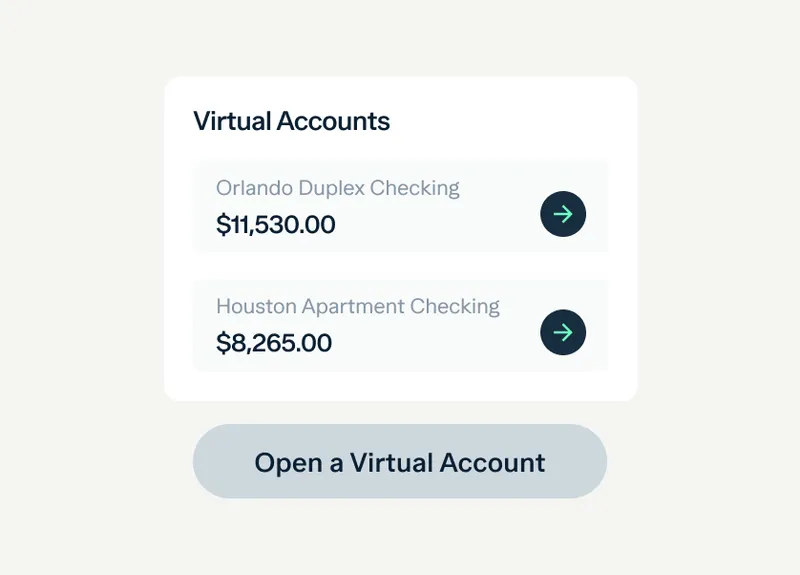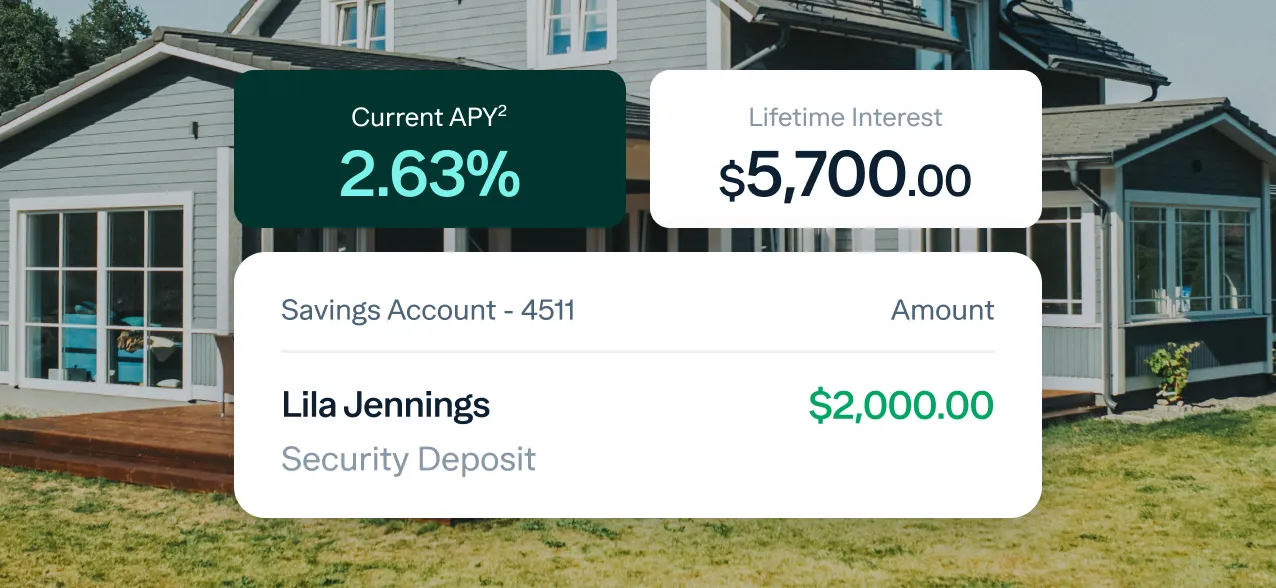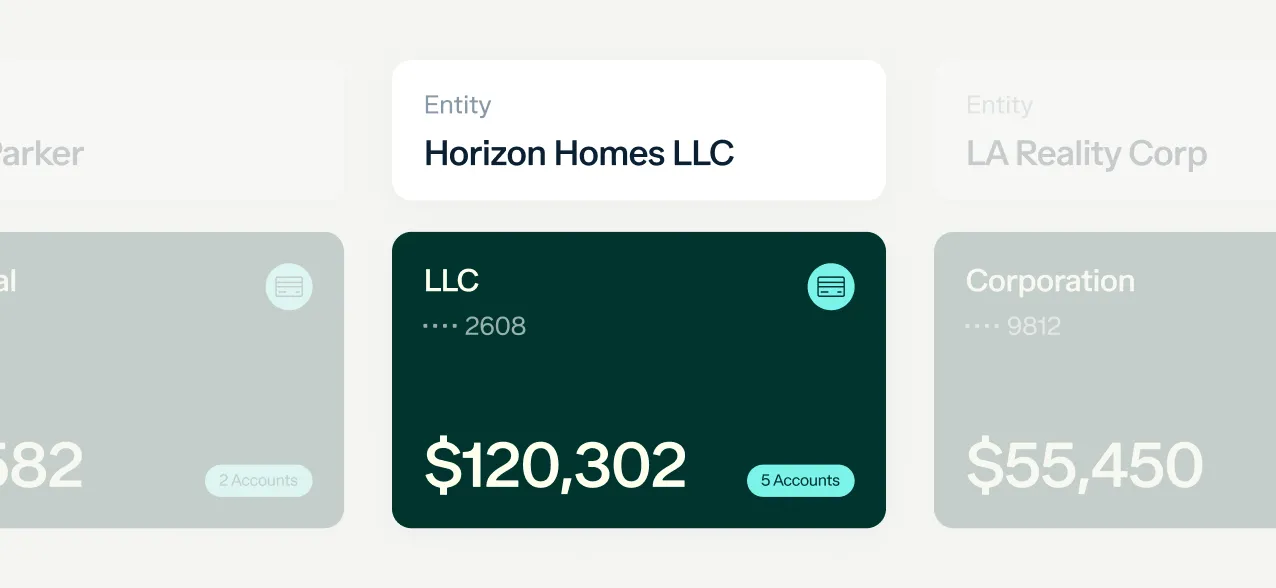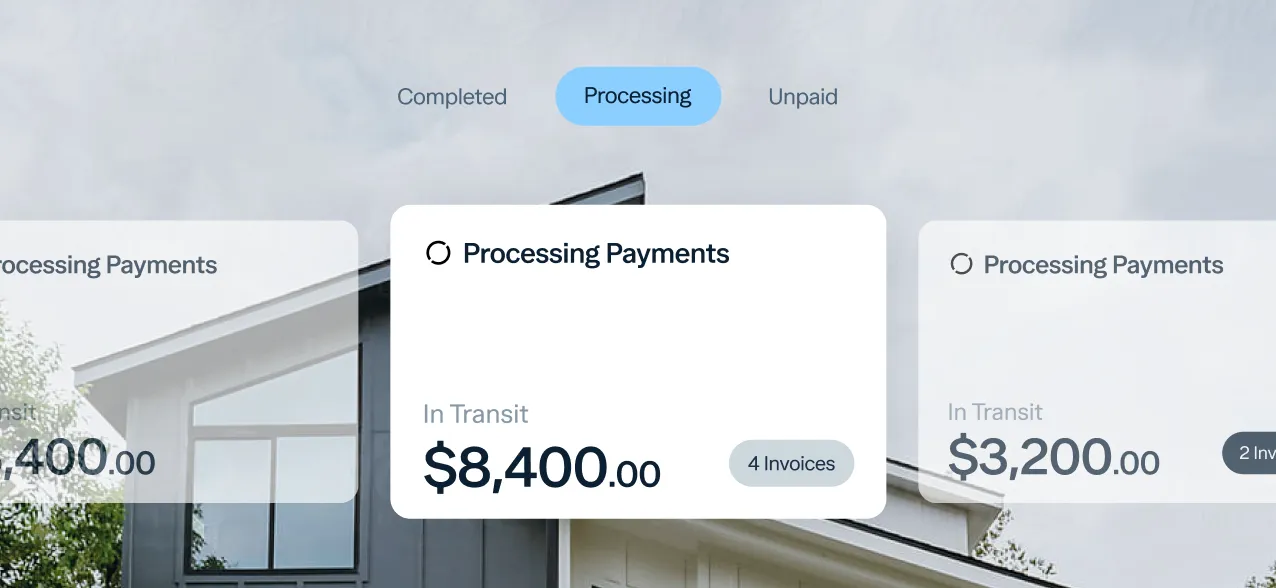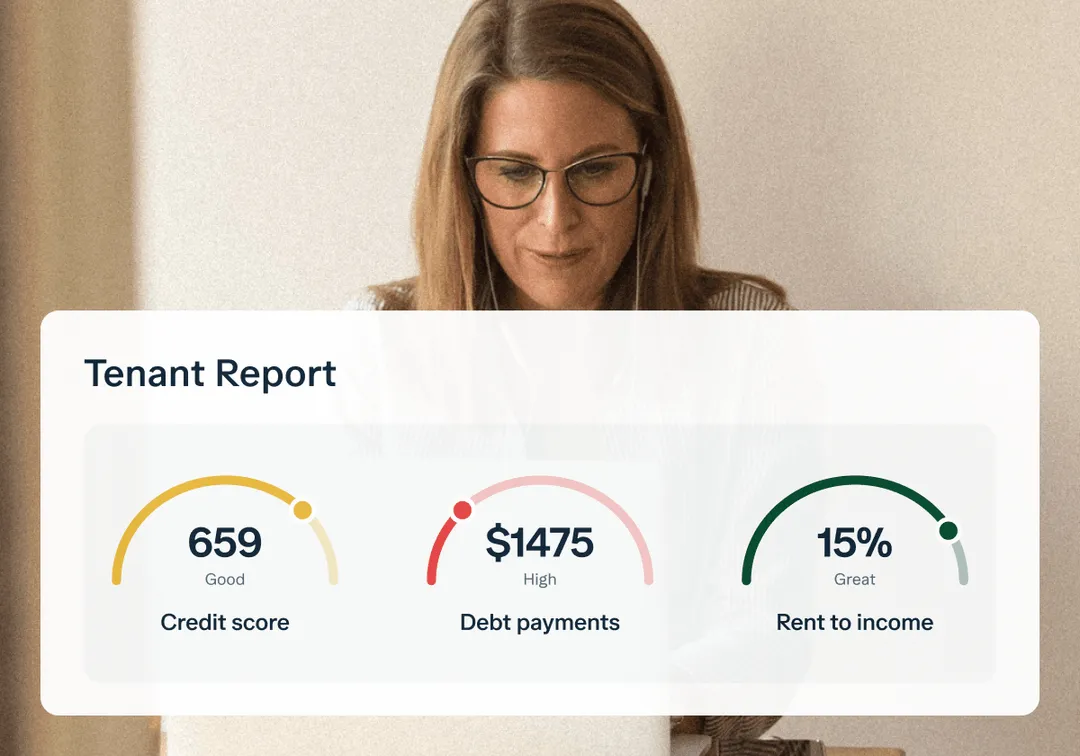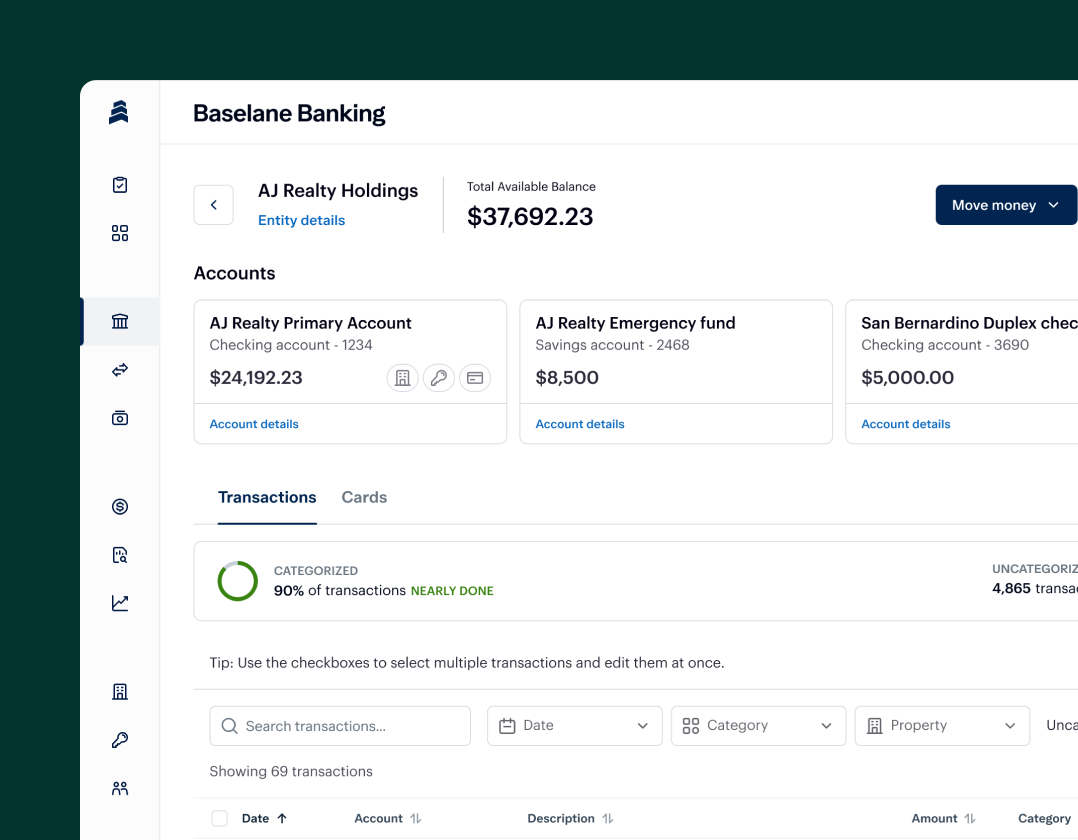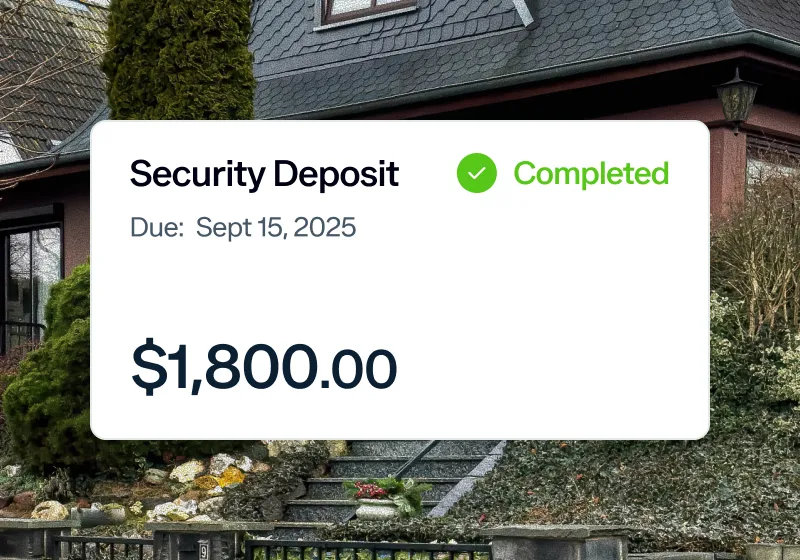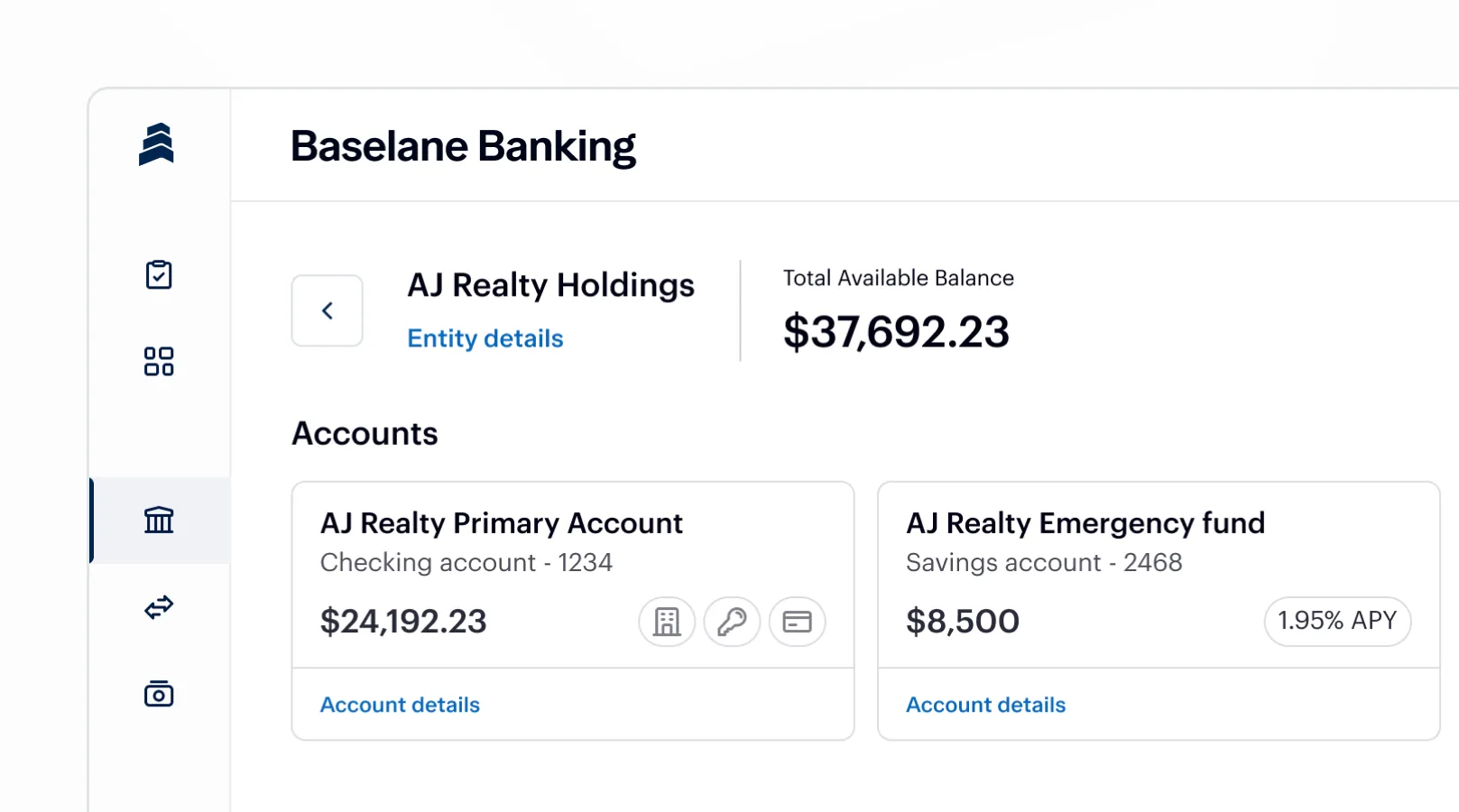How much security deposit can a landlord charge in Massachusetts?
The Massachusetts security deposit limit is strictly capped to one month's rent. You can also collect first and last month's rent plus the security deposit, but all three amounts must be equal to one month's rent each.
Is interest required on Massachusetts landlord security deposits?
Yes, Massachusetts security deposit interest is required if the tenancy lasts a year or more. The money must be in a separate landlord tenant security deposit bank account in Massachusetts, and pay the tenant interest annually (5% or the bank's rate, whichever is lower).
How should I issue a security deposit receipt to tenants in Massachusetts?
You must give the tenant a written notice within 30 days of depositing the money and include the bank's name, location, the account number, and the deposit amount. If you fail to do so, you lose your right to keep the tenant’s security deposit.
How many days to return the security deposit in Massachusetts?
You must return the tenant's security deposit in Massachusetts, along with any earned interest, minus valid deductions, within 30 days of the tenant moving out. If the tenant leaves before a written lease formally ends, you have 30 days after the lease's original end date to return it.
What can a landlord deduct from a security deposit in Massachusetts?
Landlord rights security deposit rules in Massachusetts allow landlords to deduct unpaid rent and severe property damage (house rental, apartment, condo) caused by tenants beyond normal wear and tear, such as floor damage, large holes in the walls, or broken appliances. Be careful when listing down deductions, as wrongful deductions can result in you facing double damages.
Can a security deposit be used for unpaid rent in Massachusetts?
Yes, you can use the funds from the security deposit escrow account in Massachusetts to cover unpaid rent. But make sure to send an itemized list of deductions to tenants, including the rent they owe.
Can a landlord keep a security deposit for breaking a lease in Massachusetts?
Yes, funds in a landlord's security deposit in Massachusetts can be used to cover any losses when the tenant breaks the lease term early. You can use it to cover rent owed until you find a new tenant, provided your lease agreement allows this.














